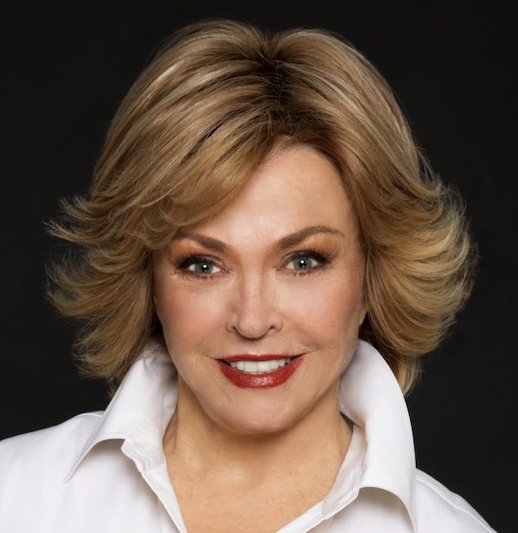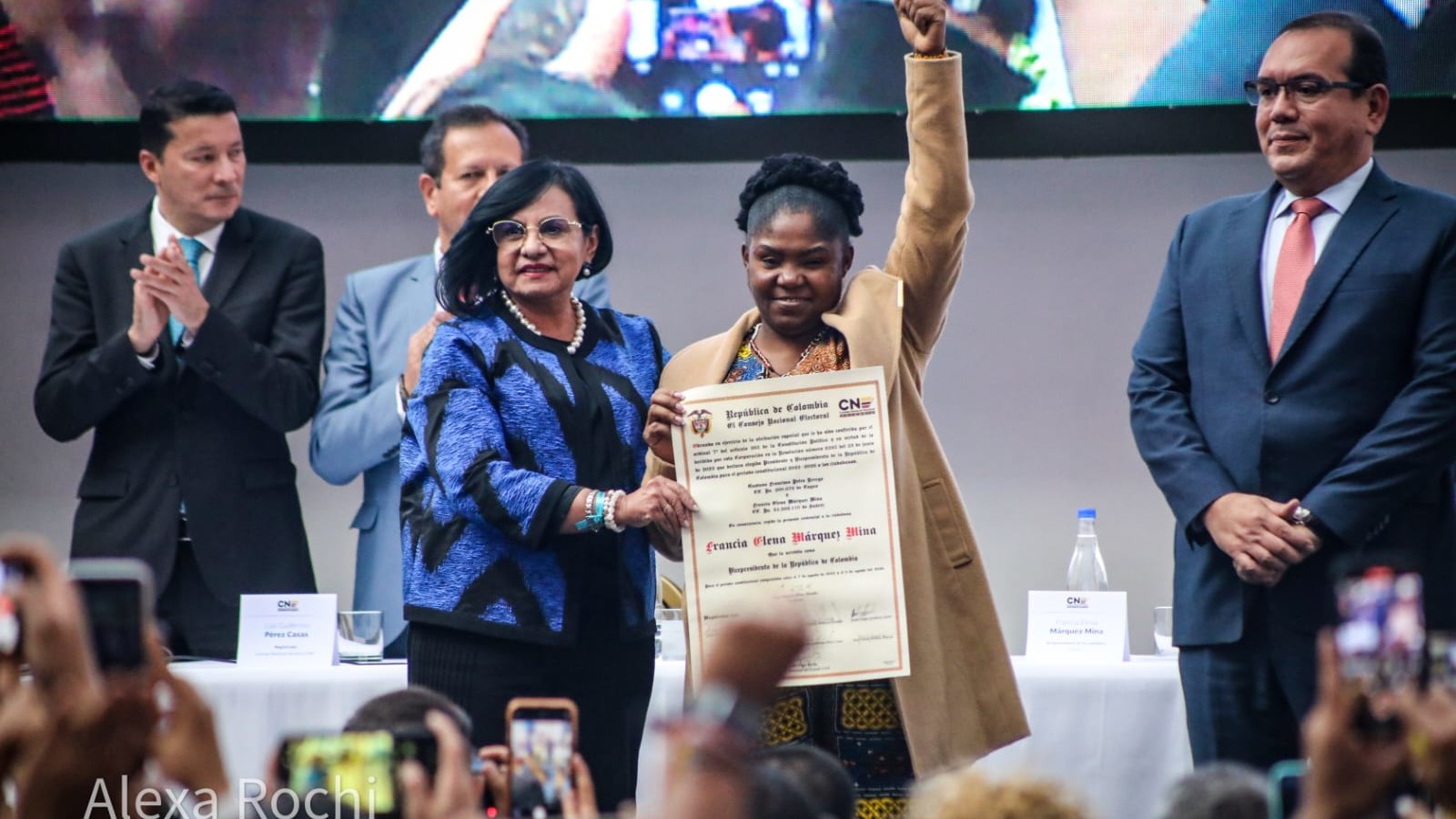“When the face of power remains the same, the face of suffering does, too. What’s more, policies restricting women and girls ultimately harm everyone. A world that limits women’s power and influence also robs itself of women’s talents and contributions. Her family, community, and country feel that absence in ways both subtle and significant.”
Melinda French Gates
Reading this in Melinda French Gates’s excellent op-ed in Time Magazine entitled, “Decisions Are Still Being Made For Women, Instead of By Them. We’re Suffering As a Result,” inspired me to consider and share some of the inspiring stories of women around the world who are stepping up to challenge inequality at its roots by putting themselves forward as leaders in government. After all, it’s governments — local and national — that are making the policies that restrict the rights and opportunities for women and girls to realize their full potential, to be truly equal.
In many ways, these women are redefining what power can look like and I, like so many others, am excited about the differences they can and will make as leaders.
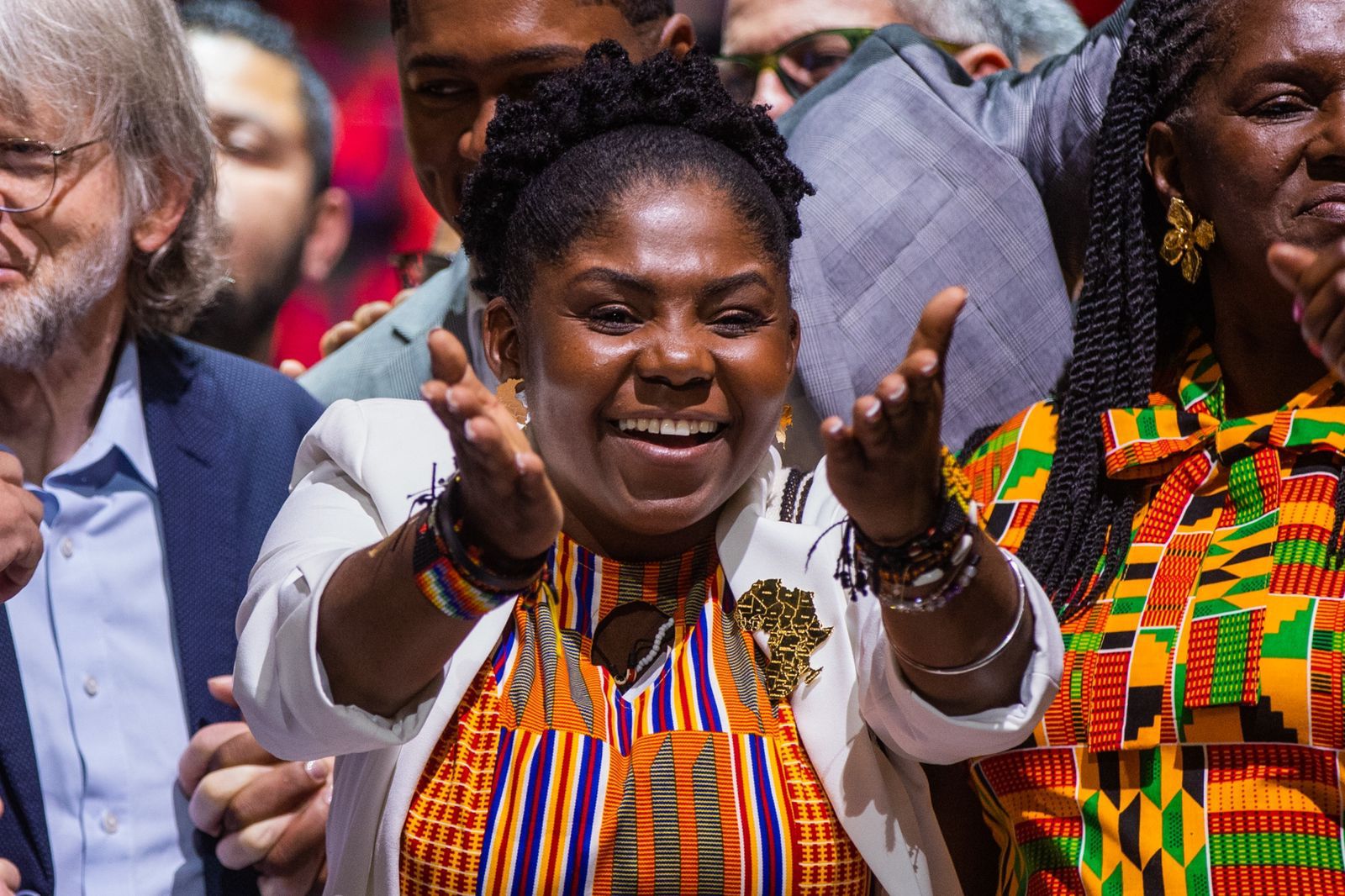
Francia Márquez, Colombia
Consider Francia Márquez who in June became the first Black woman vice president in Colombia. Márquez, 40, grew up impoverished, “sleeping on a dirt floor in a region battered by violence related to the country’s long internal conflict. She became pregnant at 16, went to work in the local gold mines to support her child, and eventually sought work as a live-in maid,” reports The New York Times.
Márquez went on to become a lawyer and environmental activist. She led a group of 80 women on a 380-mile march to bring attention to illegal gold mining that was devastating the rivers and land in her hometown and the entire Cauca region. The women got the government in Bogota to agree to put a stop to the illegal mining by creating a national task force, and by the end of 2016, all illegal machinery in the region had been removed.
Márquez was awarded the 2018 Goldman Environmental Award, sometimes called the “Green Nobel.” The award committee writes that “Márquez’s success has been a powerful example for others in the region, inspiring residents to resist illegal mining in their communities. She overcame sexism, racism, and corruption to lead La Toma’s struggle.”
Sexism, racism and death threats were again at play during this year’s election, but Márquez prevailed, largely due to “strong turnout of Black and Indigenous voters in states along Colombia’s Caribbean and Pacific coasts,” reports the Amsterdam News.
As Mayra Fernanda Mejía, a black single mother, rural activist and Márquez supporter, told the Guardian, she had “never really felt that Colombia’s politicians cared about people like her – until now. ‘Francia’s candidacy for women means a before and an after, because she’s a woman, because she’s Black – and because she comes from nothing. Francia marks a before and an after in the history of Colombia.’”
Yes, her election is historic, and her opportunity now is to shift the narrative about power and politics in Colombia by using her power to bring the rest of Colombia’s women with her.
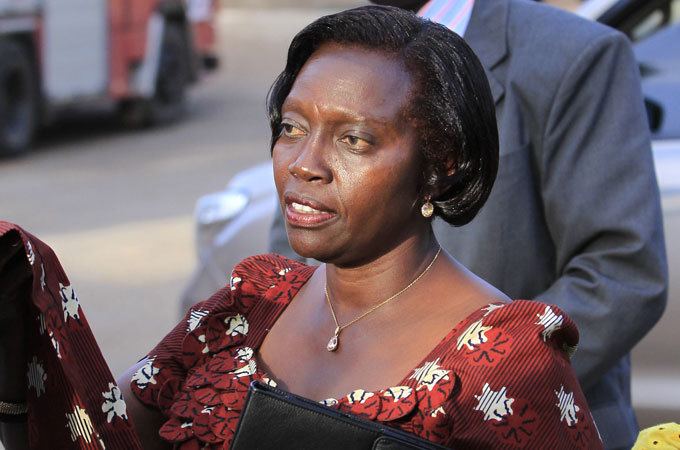
Martha Wangari Karua, Kenya
On the other side of the world, in one of my favorite countries to visit — Kenya —another history-making campaign is underway with a presidential election less than a month away. For the first time, a woman was chosen as a running mate for a leading presidential candidate: if she wins, Martha Wangari Karua will be that country’s first female deputy president.
Since her selection as Raila Odinga’s running mate, Odinga has pulled ahead in opinion polls. If their ticket wins, Karua, 64, has made it clear that her priority would be to elevate Kenya’s women and create new opportunities for women to rise to leadership in every sector of Kenyan society.
In her nomination acceptance speech, an elated Karua said that “this a moment for Kenyan women. Women are instrumental in pursuing change, and this is why this is the moment to usher more women in at the national and county level to these leadership positions.” Already, Karua’s campaign has inspired more women to become active in politics and this week, Kenyan women launched a “Million Women for Karua campaign” as hope rises that she might become Kenya’s first woman deputy president.
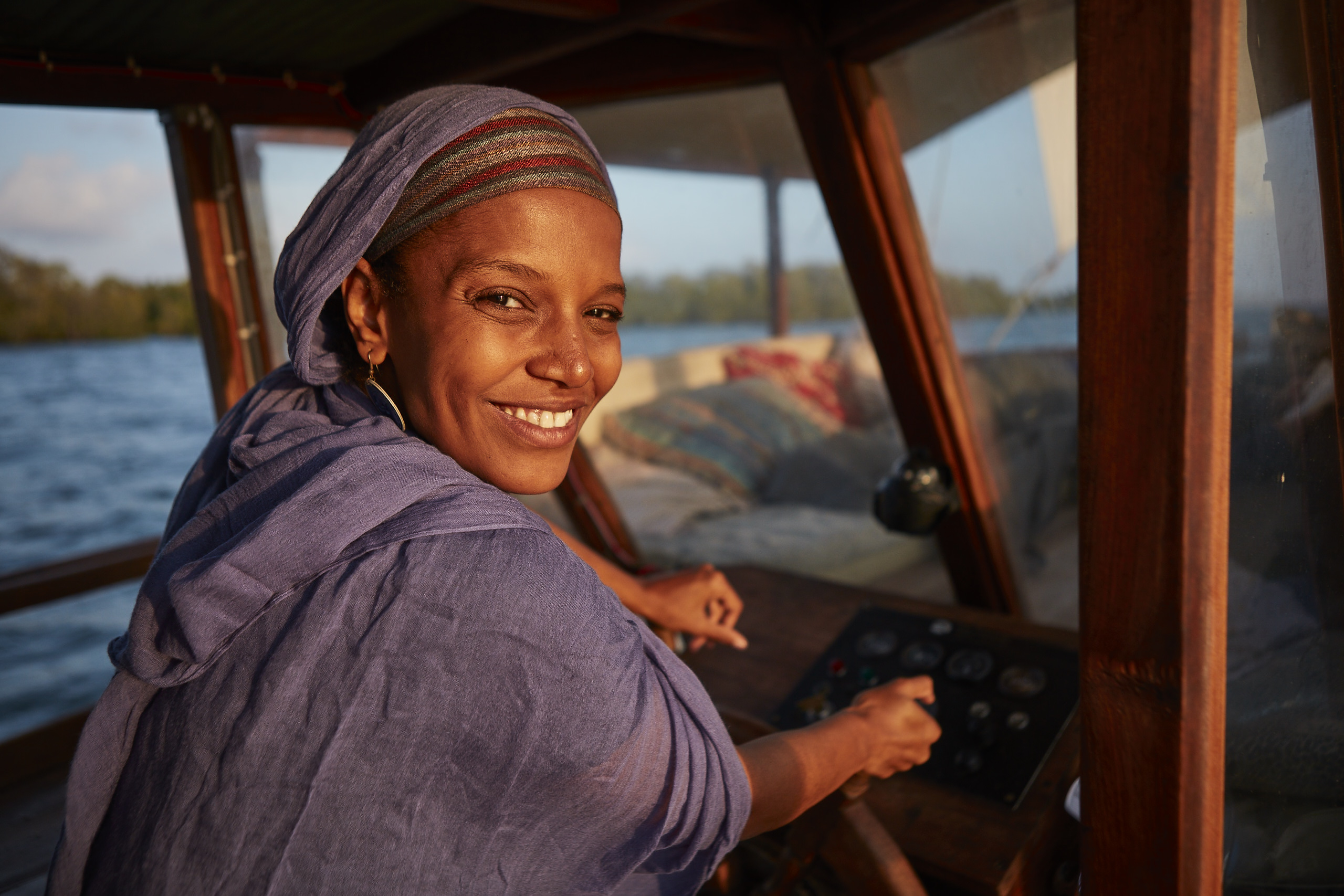
Umra Omar, Lamu Archipelago, Kenya
Off the coast of Kenya, on Lamu Island, a popular tourist destination with its rich mixture of cultures (Indian, Arab, Swahili and Chinese), a woman often seen riding a motorbike through Lamu’s labyrinth of streets, Umra Omar, is the first woman ever to run for governor.
Omar, 39, is the founder of an NGO called Safari Doctors, and has been profiled as one of the UN’s “Real Life Heroes,” as a CNN hero, and is one of the World Economic Forum’s Young Global Leaders. Omar and her organization, Safari Doctors, bring free health care to thousands of people living in remote, and at times dangerous, areas of the Lamu Islands.
In her run for governor, Omar says establishing a “holistic universal health care model” focusing on young people as community health workers is her number one priority. “Health access is a right,” she says. “Not a luxury.”
In a speech launching her campaign, she said another focus will be on improving the local economy and more transparency in leadership, adding that both women and men must be given equal opportunities. “As young voters and as women, we stand to shape the 2022 political narrative in Kenya,” she told Pan African Visions in a recent interview. “We must disrupt the status quo and make room for our large voting block on the table where decisions are made; to help craft the decisions that affect us more than they affect those making them.”
With this statement, Omar sums up why every country in the world needs more women leaders and more women in policy making positions.
When considering where those important policy making positions exist in the US, it’s time to pay more attention to governors.
As I mentioned in my last newsletter, electing pro-choice governors in states where legislatures are working on bills to outlaw abortion is critical. Just last week, the Democratic Governors Association “launched the ‘Protect Reproductive Rights Fund’ to support gubernatorial races in states where access to abortion is at risk. …The targeted states where the money will be directed include Arizona, Florida, Michigan, Ohio, Pennsylvania, Texas and Wisconsin,” Reports ABC News:
“The fund will be chaired by New York Gov. Kathy Hochul, who told ABC News that once the Supreme Court’s five-justice majority opinion reversing Roe was leaked in May, she and some of her fellow Democratic governors knew that action had to be taken to protect abortion rights.
’We can look to Washington for leadership, that’s important, but also the power does rest with the states,’ Hochul said. ‘And we’ve known all along that we are the ones who are the firewall between what the Supreme Court does and doing what we can to protect the rights of our women.’”
I hope you’ll consider supporting pro-choice women (and men) running for governor, especially in Michigan (where Gretchen Whitmer is running for re-election), Ohio (Nan Whaley), and Arizona (Katie Hobbs) — all states where it could be the difference in terms of reproductive rights.
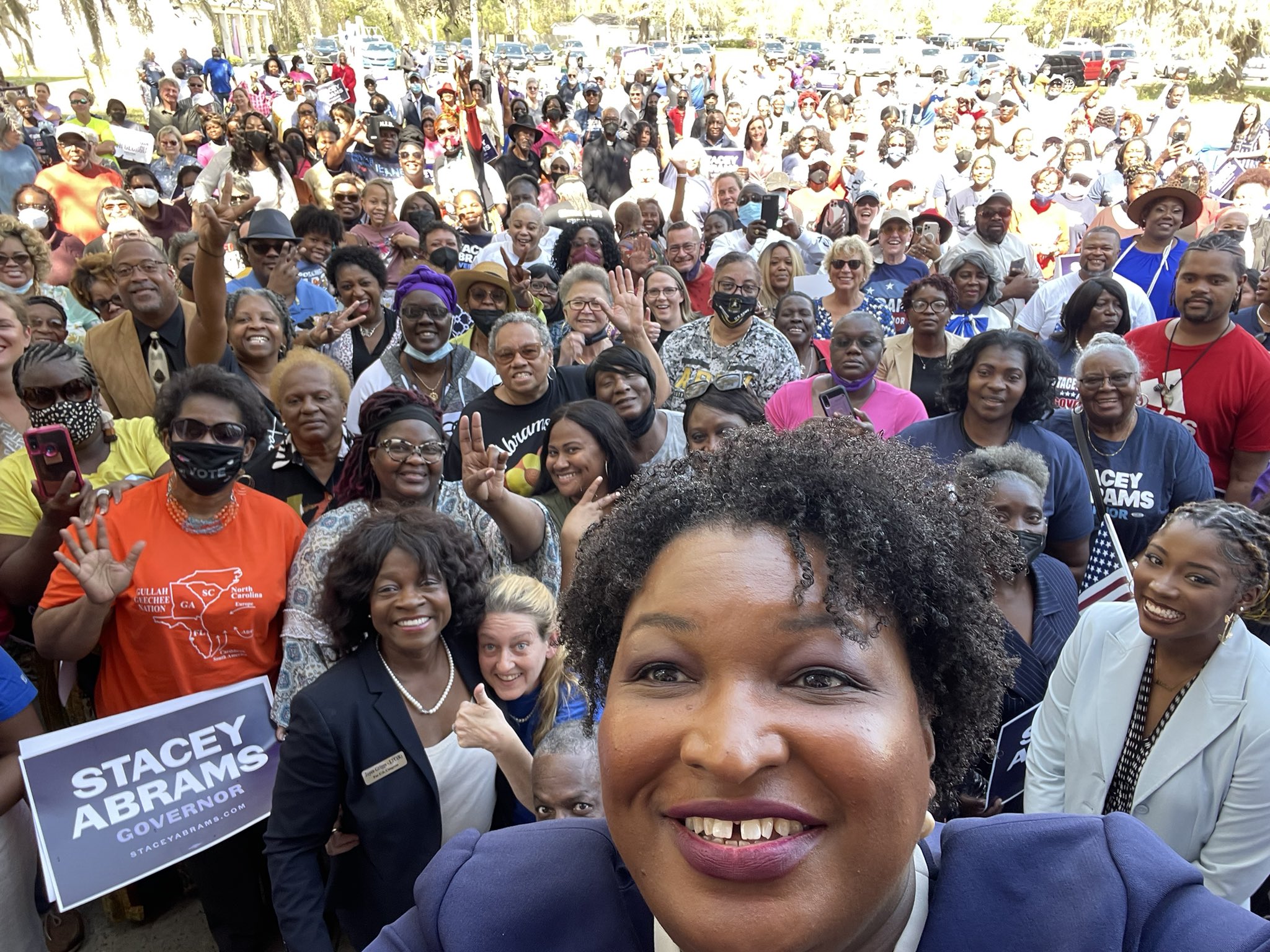
In my home state of Georgia, Stacey Abrams is running against incumbent Brian Kemp, who signed Georgia’s abortion ban legislation, among the harshest in the country. Abrams, if elected, has promised to do whatever is necessary to restore women’s rights to reproductive freedoms and to protect the health of women and their families.
“In Georgia in particular, in a matter of days, this six-week ban will be the law of the land. That is horrendous. That is appalling. And it is wrong. And, as the next governor, I’m going to do everything in my power to reverse it,” Abrams said recently in an interview with CNN.
As Melinda French Gates said in her essay — and I say every chance I get on this platform and others — equality matters and we won’t have full equality of rights, equal access to health care, economic opportunities or true representation until we have better representation in all governments with more women leaders crafting the policies that make the difference for more than half of the world’s population.
Onward!
– Pat

